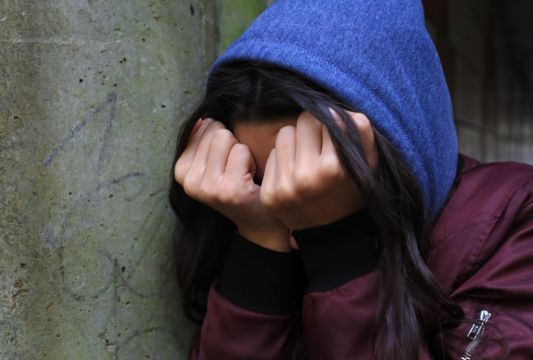The impact of the pandemic on young people's mental health could have lasting implications, according to Dr Brendan O'Keeffe.
He carried out an in-depth study in rural areas of Cork and said: “It's long Covid in the mind, opposed to long Covid in the lungs,” that is the issue.
As the Irish Examiner reports, the lockdown of schools, cancellation of GAA matches, and closure of youth clubs and pubs has seriously curtailed their social interaction, with many spending far too much time on social media and others seriously worrying about the negative impact on their education.
Further traumas included being unable to attend a relative's funeral, worrying about older relatives' health and wellbeing, being lonely, catching the virus themselves, and financial problems within their own households as a result of job losses or decreased working hours.
Dr O'Keeffe, a respected academic, carried out the study on behalf of the registered charity Duhallow IRD (Integrated Resource Development).
The survey focused on how lockdowns affected 220 people, aged 16 to 35, living in very rural areas of mid- and north-west-Cork.
The experiences of young adults during Covid-19 lockdowns in the Duhallow/Lee Valley region is probably mirrored in many other rural parts of the country, but it's believed this is the first time they've been correlated in an academic study.
The survey showed 65 per cent of young learners maintained they're getting less education now than before the pandemic struck.
Escape route
Of the total surveyed 51 per cent said they 'believe their education has been delayed' and 9 per cent felt they had fallen behind so much they would fail exams.
It also showed since lockdowns started their 'escape route' from previously having person-to-person contact shifted to interaction online.
“Over a third of respondents are playing more video games. These trends are negative in physical health terms. However, some are more active now spending more time walking,” Dr O'Keeffe said.
The focus group members also highlighted the cancellation and/or deferral of GAA matches and training, which is a big issue for young males in particular in rural areas.
As a result a lot said “we missed our friends”. It's hardly surprising, therefore, that 69 per cent of the respondents listed the impact of all the above on their mental health.
In total 67 per cent said the pandemic had a negative impact on their friendships/ relationships and 48 per cent believed it had stifled their education.
A significant proportion also said they felt it was “unfair” how some media or peer commentators spoke about their alleged bad behaviour during lockdowns, with many pointing out that a number of them were actively involved in protecting older people.







